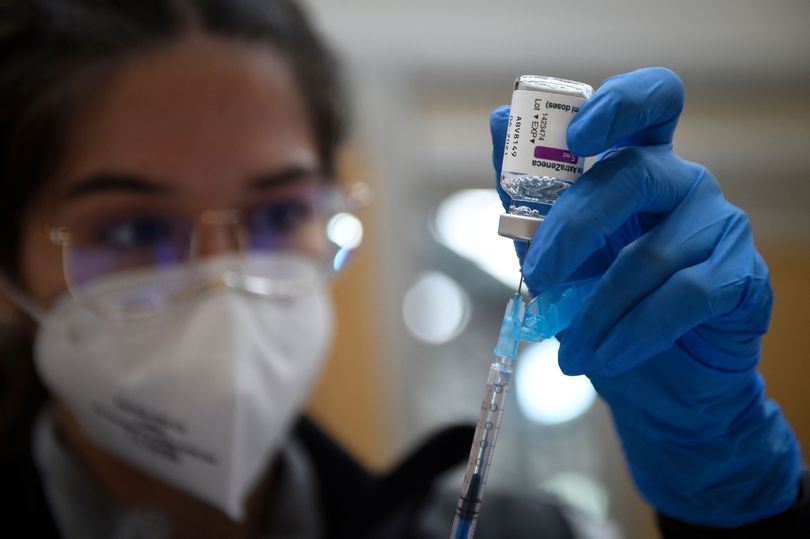It’s a long time since I was involved in new drug development, and the constant vigilance required to keep abreast of, and to report, side effects of drugs.
The reality is that, meticulous as your clinical trial might be, the final testing ground for any drug is when it’s being used in large numbers of patients, which is too large to include in any trial.
Once millions are taking a drug, rare side effects may emerge which couldn’t have been spotted in the trial.
It wasn’t uncommon for me to be approached by the UK drug regulator to say whether a new side effect could be attributed to one of my drugs.
Then began a detailed, logical, meticulous investigation of the side effect and the drug itself.
It’s worth remembering that some medical conditions are common and are bound to occur while someone is taking a commonly used drug.
The appearance of a side effect can therefore be, and often is, coincidental.
Now, in the case of the AstraZeneca vaccine – where 17 million people have been vaccinated – there’s the strong possibility that coincidence plays a large part in the incidence of a suspected side effect like blood clots.
The kneejerk response of 17 countries including Norway, Germany and France have no place in the rational analysis of apparent side effects that may not be a result of vaccination.
Especially when the number of events is no higher than would be expected by chance when the jabs are give to millions of people – or the number occurring naturally in an unvaccinated population.
It seems to me the overreaction of countries to suspend vaccination has overlooked a serious side effect of such an act – killing the people who’d otherwise be protected from Covid.
It also ignores the risk/benefit balance that a doctor considers many times a day when prescribing any drug.
All drugs, including vaccines, have side effects. But do the benefits outweigh the risks? In this case undoubtedly, yes.
And the UK and the World Health Organisation regulators, plus the EU’s European Medicines Agency, have said the same.
The truth of the matter is that rare lethal side effects shouldn’t rule out vaccines.
The benefits are too great. And we’re dealing with a pandemic which, if not brought to heel by our most powerful tool, vaccines, will rage on around the world.
This overreaction can have the dangerous fallout of increasing public suspicion of vaccines, governments, doctors and pharma, and inevitable knock-on effect of vaccine hesitancy.
We must act transparently and swiftly to allay fears about extremely rare serious events which are rarely due to vaccines, or, as I remember, to drugs.

